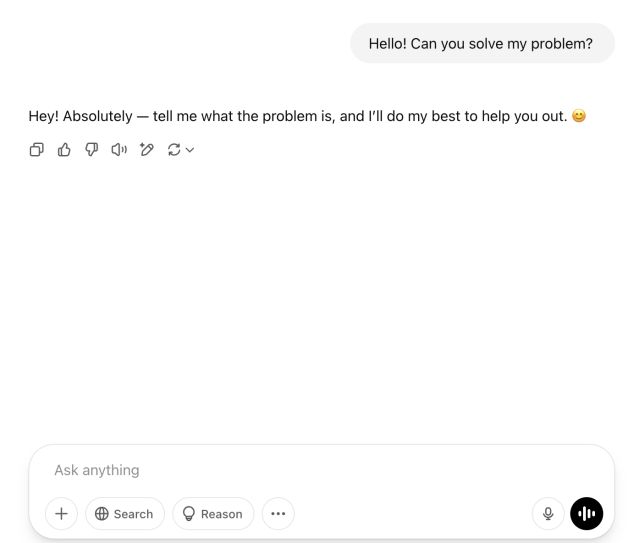The Neuroscience of Personal Growth: Will AI Make You Dumber?
It’s up to you to determine whether AI will make you smarter or duller. The key lies in how you choose to utilize this powerful technology.
Recently, I spoke to a group of university educators who were concerned about students relying heavily on AI in their academic pursuits. Their fear was that this reliance could lead to a future generation of industry workers becoming overly dependent on AI. The question on the table was whether they should intervene.

This issue is complex, but one way to approach it is by viewing AI as we would any revolutionary technology that has come before it. Consider the printing press, radio, television, and the internet – all of which were initially met with skepticism and fear about their potential impact on society.
The truth is, it’s not the technology itself that determines its impact, but rather how we engage with it. The internet, for instance, has made vast amounts of information accessible to everyone in developed countries. However, the way people use this access varies greatly. Some utilize it to find valuable resources and educational content, while others spend their time scrolling through social media or watching videos.
The same principle applies to modern chatbots and AI tools. Whether you become smarter or duller depends on your approach to using them.
Example #1: AI Usage That Hinders Creativity and Agency
Consider an HR manager tasked with designing an event to enhance the well-being of software engineers. Instead of using their own creativity, they outsource the task to a chatbot by providing a detailed prompt. While this might result in a quick and effective solution, it does little for the HR manager’s professional growth.
Example #2: AI Usage That Promotes Creativity and Agency
In contrast, the HR manager could use AI as a guide by asking it to provide thought-provoking questions that help develop their own ideas and critique their suggestions. This approach fosters independence, creativity, and curiosity, leading to significant professional growth.

Rather than restricting AI use, we should teach individuals to harness its potential as a tool for learning and development. By using AI as a personal tutor, Socratic opponent, or impartial argument analyst, we can amplify our cognitive abilities and reach new heights.
The future of AI is unstoppable, and it’s up to us to ensure that we’re using it to enhance our minds, rather than relying on it as a crutch.


